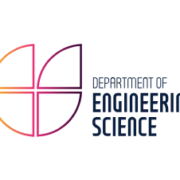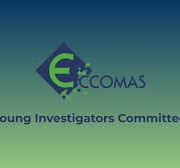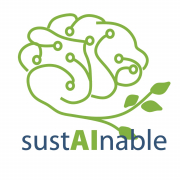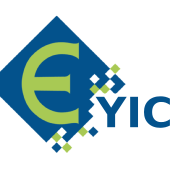Premios SEMNI 2025
Queridos compañeros,
Me es muy grato anunciaros los premios SEMNI 2025, que fueron acordados por la Comisión Ejecutiva de nuestra Sociedad en su sesión extraordinaria celebrada el 8 de mayo de 2025.
Ganador del Premio Juan Carlos Simó a Jóvenes Investigadores 2025: Guillermo Lorenzo.
La comisión para la selección del premio destaca el elevado nivel científico de los candidatos en el ámbito de la mecánica e ingeniería computacionales. La comisión, coordinada por Elías Cueto (Universidad de Zaragoza), contó también con Karen Veroy (Eindhoven University of Technology), Alessandro Reali (Università di Pavia), Fadi Aldakheel (Leibniz Universität Hannover) y Julien Yvonnet (Gustave Eiffel University, presidente de la CSMA francesa).
Ganador del premio a la mejor tesis defendida en 2024: Carlos Uriarte por la tesis «Solving partial differential equations using Artificial Neural Networks », dirigida por David Pardo y Elisabete Alverdi, de UPV/EHU.
La comisión para la selección del premio destaca la muy alta calidad de las tesis presentadas, todas ellas con importantes contribuciones científicas y numerosas publicaciones en revistas internacionales de reconocido prestigio. La comisión, coordinada por Rena C. Yu (University of Castilla-La Mancha, Spain), incluía también a Laura De Lorenzis (ETH Zürich, Switzerland), Óscar López-Palmies (UIUC, USA), Zhenjun Yang (Wuhan University, China) y Bo Li (Peking University, China).
Quiero transmitir a los premiados nuestra más sincera enhorabuena y a los miembros de las comisiones nuestro agradecimiento por su trabajo, talento y dedicación.
Un saludo muy cordial,
Pedro Díez






